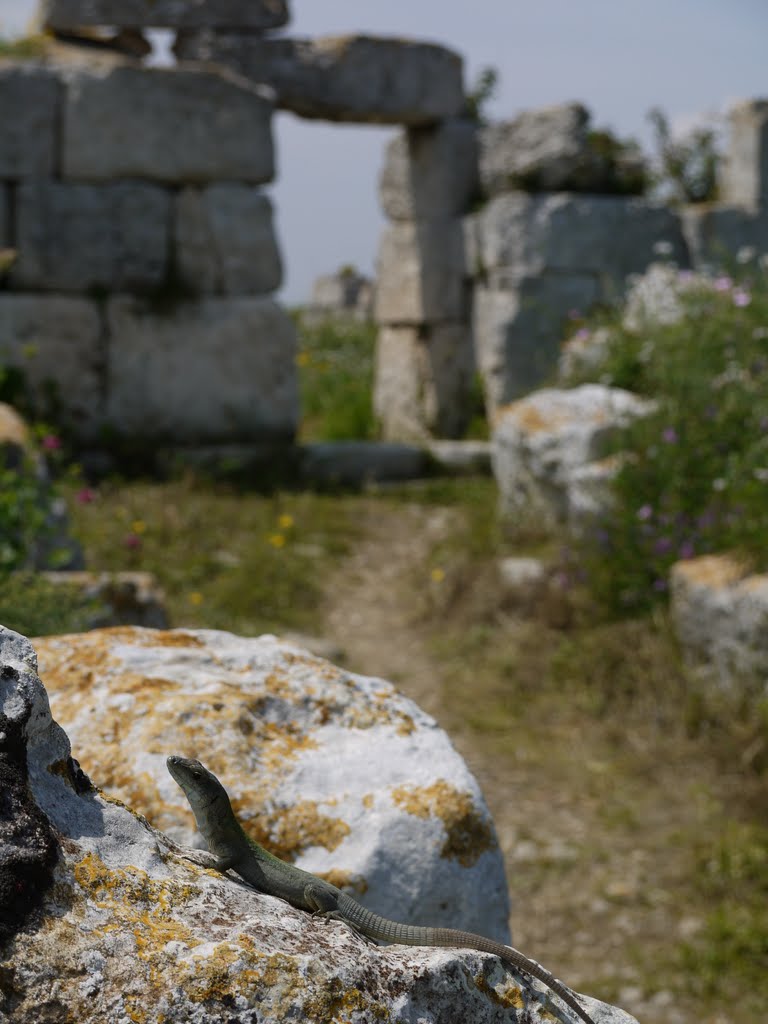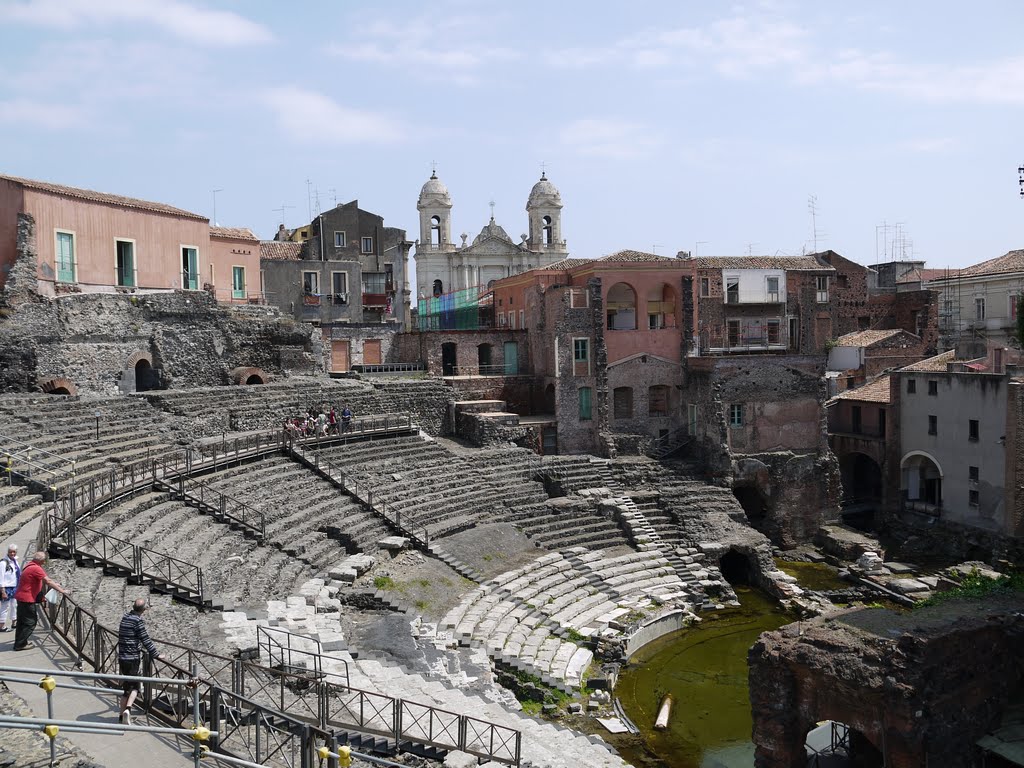Sicily is famous for its colourful and wide-ranging cultural influences – it’s certainly not alone in Europe in its history of conquest, invasion and assimilation, but here the legacy is particularly obvious and alive.
- Sicily destinations and practicalities: full menu (at foot of this page)
One of the most illustrious phases of Sicily’s varied history arrived in the eighth century BC, with Greek and Carthaginian colonists. Bronze Age evidence shows the earlier existence of trade routes with Greece, and in 734 BC the first colony was established at Naxos (close to present-day Taormina) by Greeks keen to exploit the island’s agricultural potential. Sicily’s fertility ensured the successful growth of this and subsequent colonies, which, as part of Magna Graecia, came to rival the Greek city states. Syracuse, the greatest of Sicily’s Greek cities, became a significant power in the Mediterranean, although Greek Sicily was perpetually riven by inter-state warfare.
In mainland Italy, the Romans grew in power and took hold of Sicily after the sacking of Syracuse during the Second Punic War in 211 BC. Over the centuries, Sicily became an important source of grain for the Roman Empire, seen principally as an agricultural resource. Nevertheless, some of the island’s towns and villas reflect Rome’s grandeur, and Greek theatres (such as those in Taormina and Siracusa) were adapted to suit more bloodthirsty Roman tastes.

A brief occupation by ‘barbarians’ followed the fall of the Empire, before Sicily came under Byzantine sway. Next came the Arabs, in the ninth century AD. Under Arab rule Sicily regained wealth and prestige, with their capital Palermo becoming an elegant and famed city.
As the Arab rulers began to bicker, it was the turn of the Normans to take advantage of the island’s vulnerability. In the late eleventh century, Palermo became the capital of Norman Sicily. Another period of wealth and growth followed, with the creation of many of the island’s finest monuments and artworks.
After Sicily had changed hands a number of times, a 1282 revolt known as the Sicilian Vespers overthrew the French. Then followed five centuries of Spanish domination. As usual, Sicily was under outside rule, and thus missed out on many of Europe’s developments. Culture remained agricultural and feudal. The pressures of the Church and the Inquisition helped keep the populace subdued. An eruption of Etna in 1669 and the immense earthquake of 1693 killed many and the rebuilding kept the populace busy. In various wars and treaties, Sicily was handed around, belonging briefly to the House of Savoy, and then Austria. Then came the Spanish Kingdom of the Two Sicilies (ruled by the Bourbon kings of Naples), which endured the Napoleonic Wars and continued, despite a British attempt at reform, to oppress the population. Thus when Garibaldi made his famous landing at Marsala in 1860, to claim the island for the Savoy dynasty in his successful quest for Italian unification, the new regime was greeted optimistically (this is the period in which the novel The Leopard is set).
Failed or insuffient reforms meant that the lot of ordinary Sicilians did not improve significantly over the next period, which saw the growth in power of fear-wielding land managers, giving rise to the intimidatory criminal class that was to become known as the Mafia. The Messina earthquake of 1908 killed over 80,000 people. Millions emigrated in search of a better life. During the Second world War, Sicily was invaded by the Allies, who restored order with the assistance of the Mafia, tightening its grip on the island. From then the history of the island is bound up in struggles for political power, the criminal machinations of the Mafia, mismanagement and misappropriation of resources. However, the closing years of the twentieth century saw the beginnings of popular movements against corruption and crime, as well as an increase in the tourism which is so important to the island’s economy. The twenty-first century has seen a boom in tourism and a general rise in the profile of Sicily along with its holiday destinations and its food.
Highlights
- Ancient Greek Sicily – a 2016 blog post with history-themed itinerary ideas inspired by a British Museum exhibition (discover Greek Sicily, Norman Sicily …)
